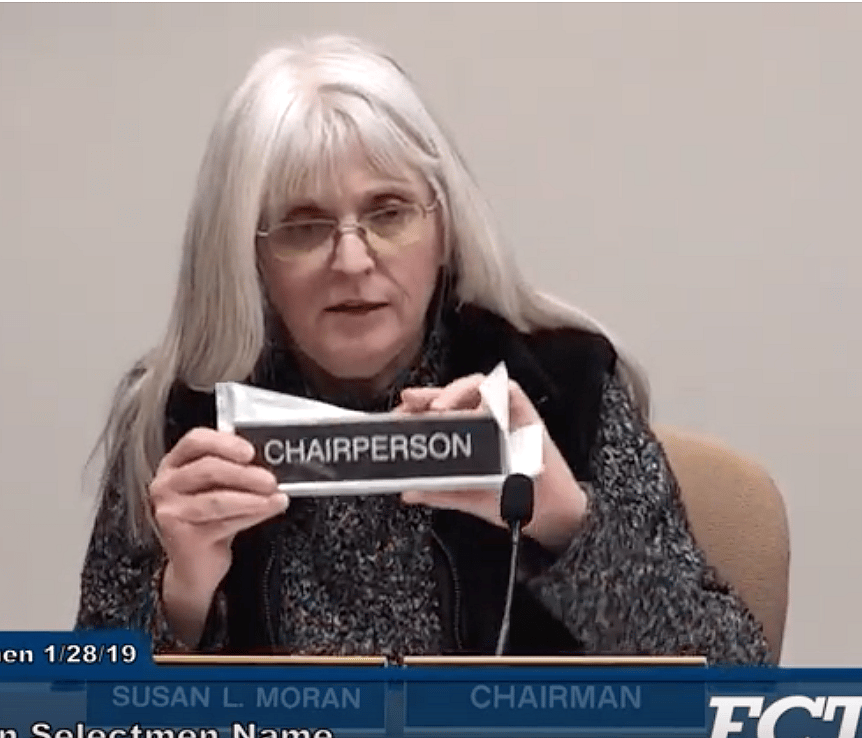Cape Town’s Selectmen Want ‘Men’ Out of Board Title

Members of the Falmouth Board of Selectmen concerned about gender-neutrality are thinking about changing the name of the board.
A board of "selectmen" has been the chief executive entity in most towns in New England since the 1630s when English Puritans first settled here. It refers to voters in a town selecting certain people – men in the early days – to lead the town.
